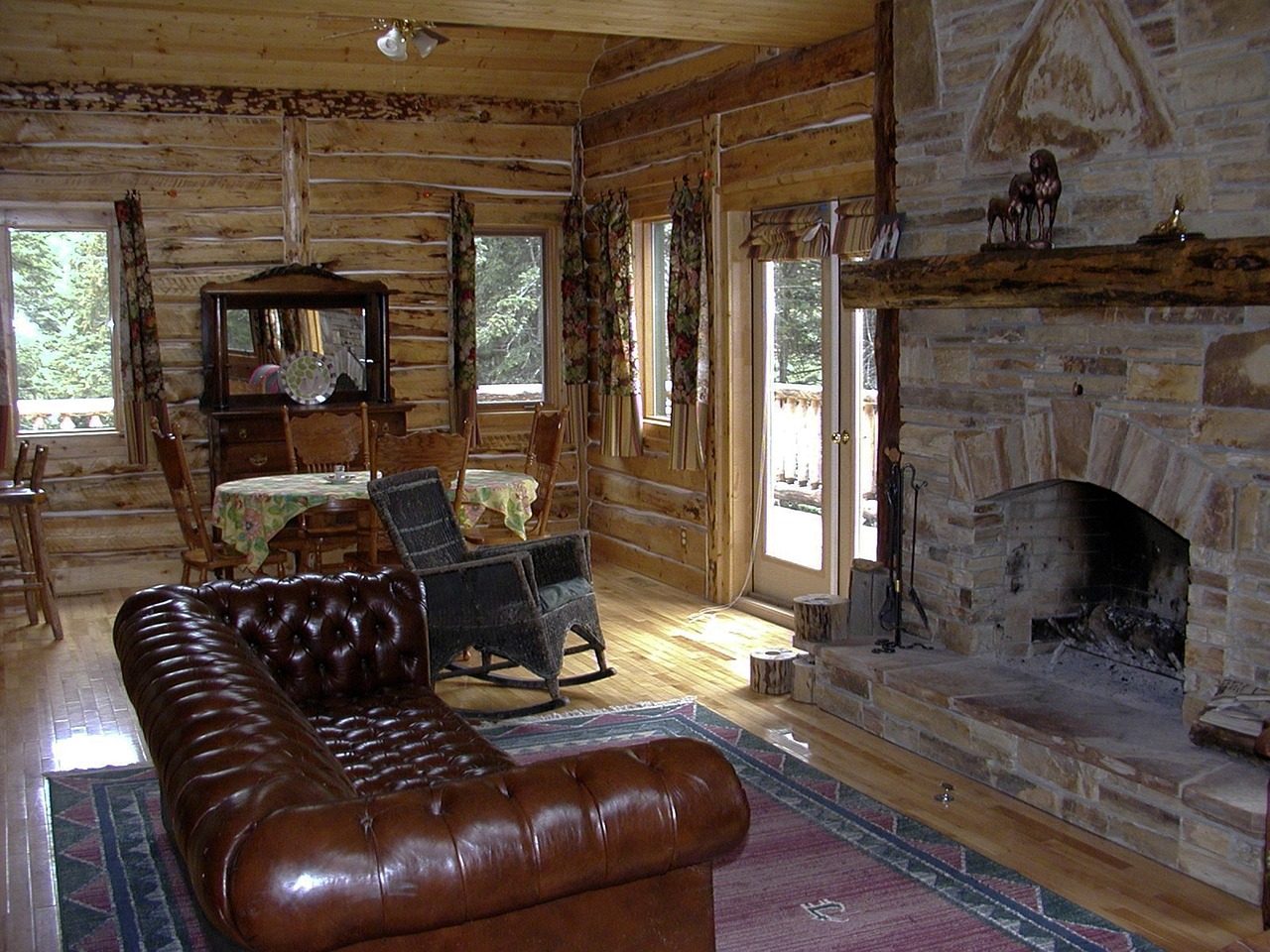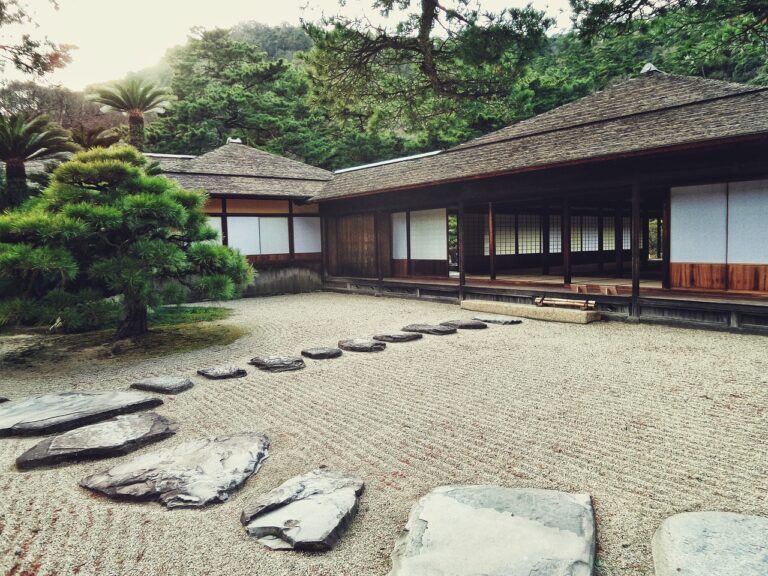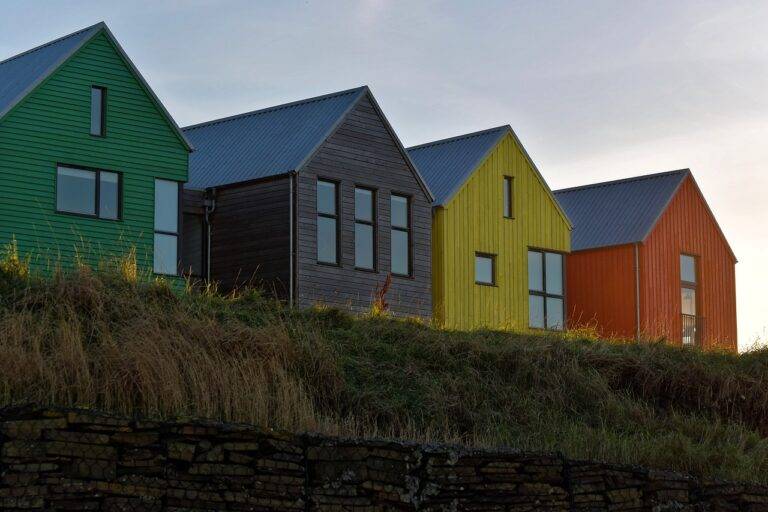Pursuing LEED Certification in Home Improvement Projects
Achieving LEED certification in home improvement projects offers a plethora of advantages to homeowners. Firstly, it enhances the overall sustainability of the property, reducing its environmental impact and promoting energy efficiency. By incorporating eco-friendly practices and materials into the renovation process, LEED-certified homes not only contribute to a healthier planet but also provide long-term cost savings through reduced utility bills.
Moreover, pursuing LEED certification in home improvement projects can significantly boost the property value. With an increasing focus on sustainability and green living, homes with LEED certification are highly sought after in the real estate market. This certification serves as a testament to the homeowner’s commitment to environmental responsibility and can attract potential buyers who prioritize sustainability in their purchasing decisions.
• Achieving LEED certification enhances the overall sustainability of the property
• Reduces environmental impact and promotes energy efficiency
• Incorporating eco-friendly practices and materials leads to long-term cost savings through reduced utility bills
• Pursuing LEED certification can significantly boost property value
• Homes with LEED certification are highly sought after in the real estate market
• Certification serves as a testament to homeowner’s commitment to environmental responsibility
• Attracts potential buyers who prioritize sustainability in their purchasing decisions
Understanding the Requirements for LEED Certification
To achieve LEED certification in home improvement projects, there are specific requirements that need to be met. These requirements encompass various aspects such as energy efficiency, sustainable materials, water conservation, indoor air quality, and overall environmental impact. Each category has set criteria that must be fulfilled to attain certification.
In order to comply with LEED standards, projects must undergo a thorough evaluation process conducted by an accredited professional. This evaluation ensures that the project meets the necessary benchmarks for sustainability and environmental responsibility. The goal of LEED certification is to encourage and reward green building practices that minimize the negative effects on the environment and promote healthier living spaces.
Choosing Eco-Friendly Materials for Home Improvement Projects
When embarking on a home improvement project, selecting eco-friendly materials can significantly reduce the environmental impact of your renovation. Opting for sustainable options such as reclaimed wood, bamboo flooring, or recycled glass countertops can not only enhance the aesthetic appeal of your home but also contribute to a healthier living environment. By choosing materials that are responsibly sourced and have minimal carbon footprint, you can create a sustainable home that aligns with your values.
In addition to the environmental benefits, eco-friendly materials can also improve the overall quality of your living space. Products like low-VOC paints, energy-efficient windows, and water-saving fixtures not only help conserve valuable resources but also promote a healthier indoor air quality. Investing in these sustainable materials not only enhances the comfort and functionality of your home but also adds long-term value to your property.
What are the benefits of pursuing LEED Certification in home improvement projects?
Pursuing LEED Certification can help reduce your home’s environmental impact, increase energy efficiency, improve indoor air quality, and potentially increase your home’s value.
What are the requirements for LEED Certification in home improvement projects?
The requirements for LEED Certification vary depending on the type of project, but generally involve using eco-friendly materials, implementing energy-efficient systems, and meeting certain sustainability criteria.
How can I choose eco-friendly materials for my home improvement project?
When choosing eco-friendly materials, look for products that are made from sustainable or recycled materials, have low VOC emissions, are energy-efficient, and are certified by organizations like the Forest Stewardship Council or Energy Star.







